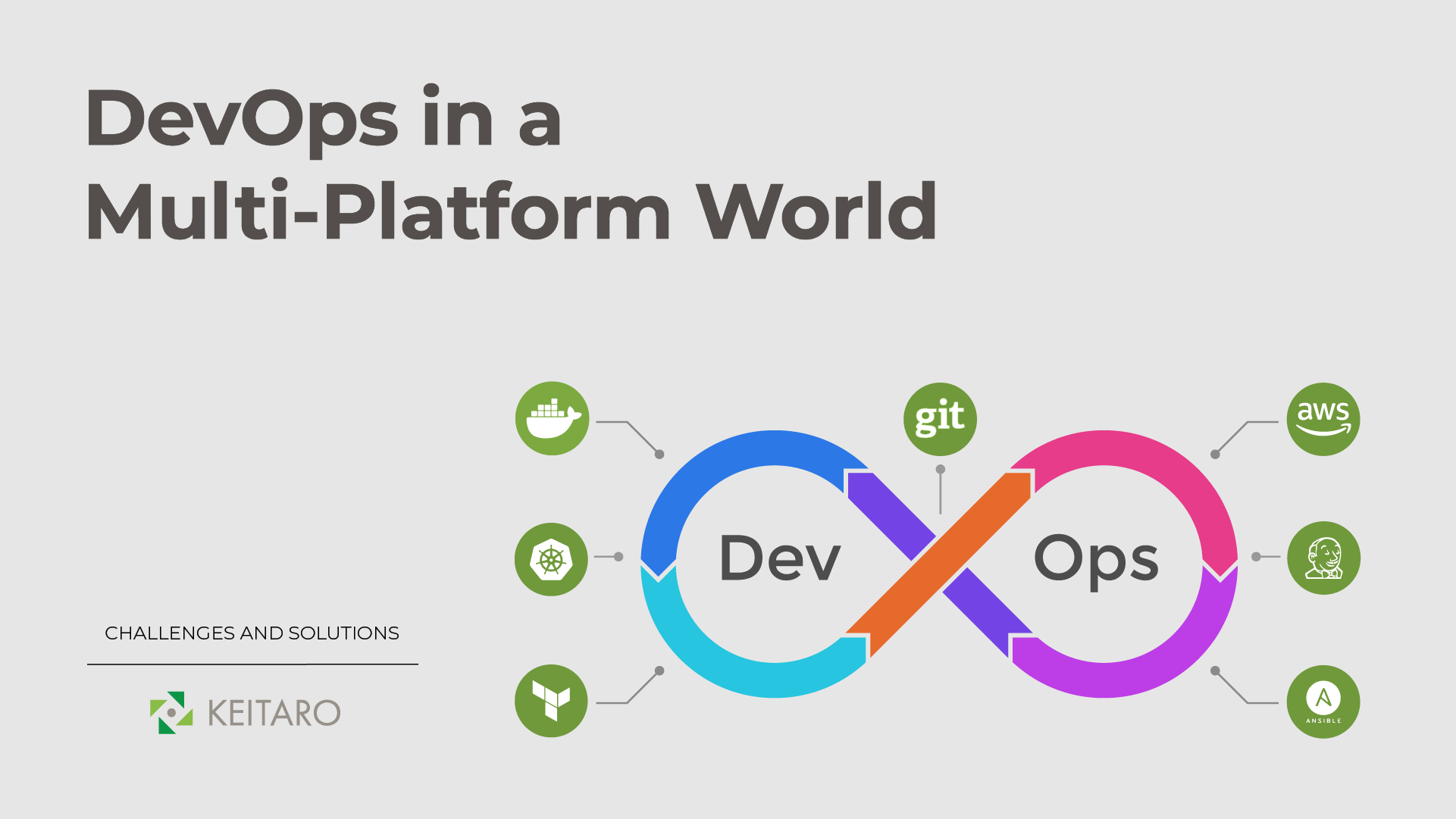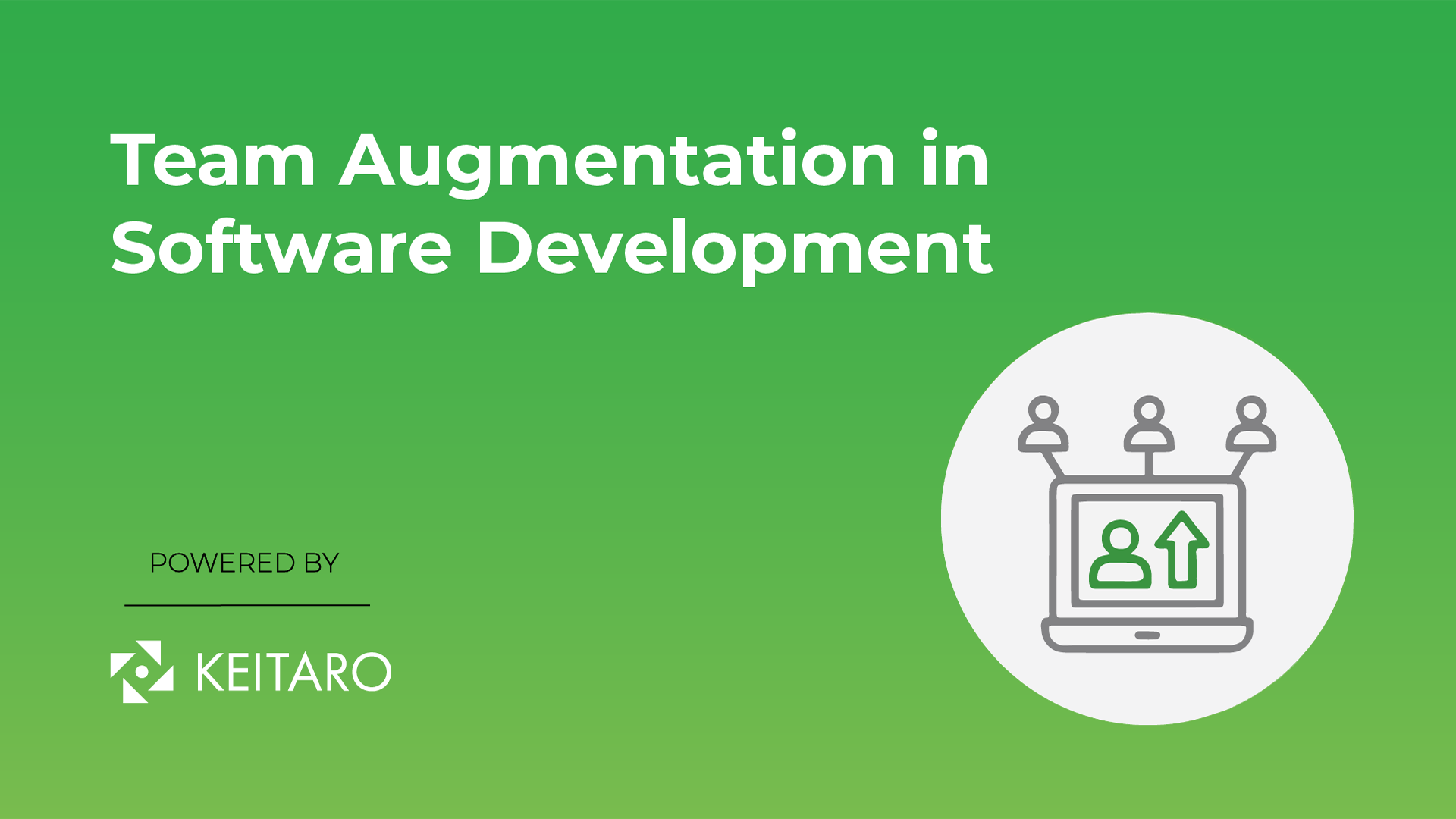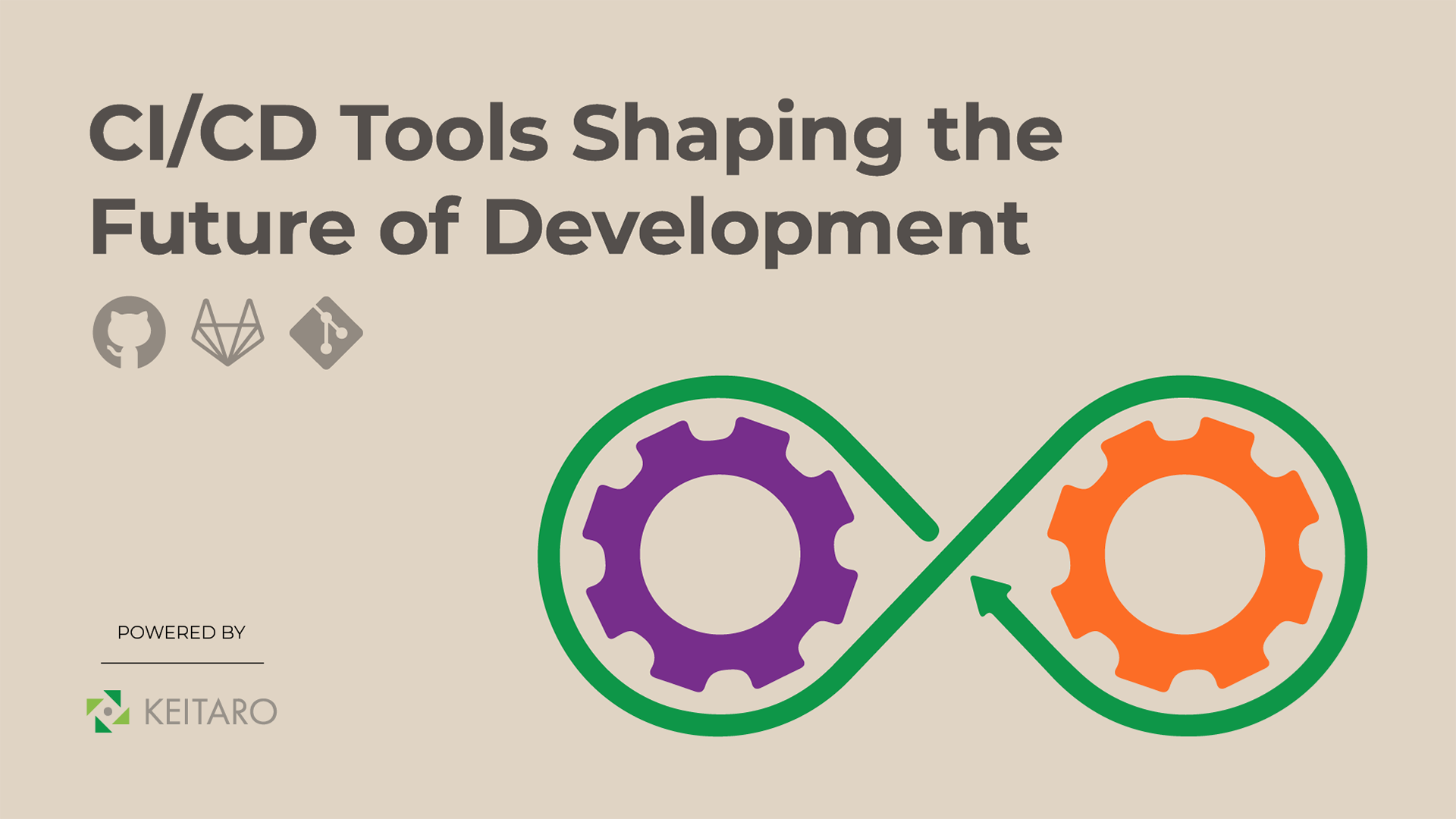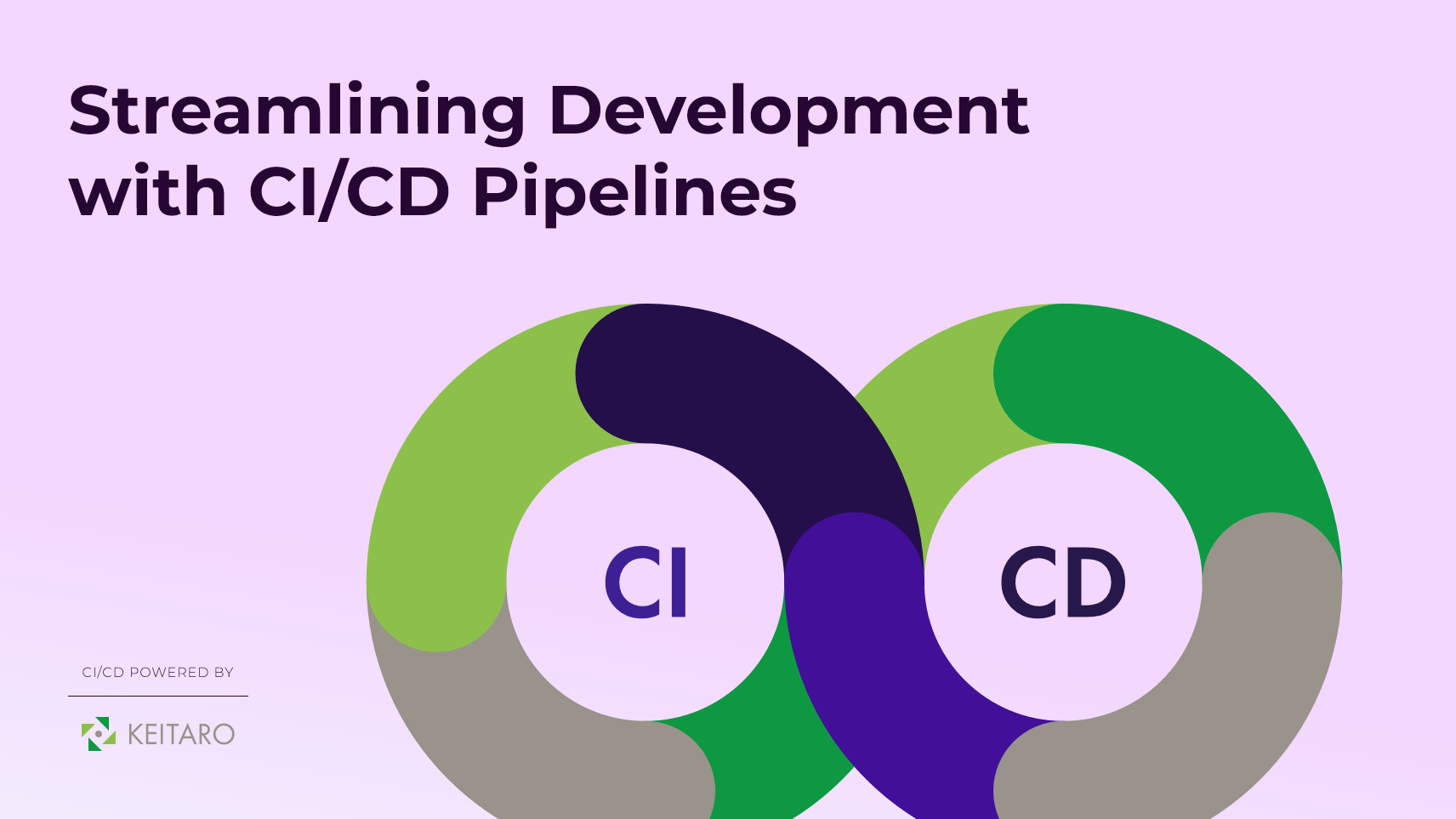The Proliferation of Platforms: DevOps Across Multiple Environments
In the contemporary realm of software development, the adoption of DevOps practices has become synonymous with enhancing efficiency, collaboration, and speed. However, as businesses operate on diverse platforms, spanning on-premises, cloud, and hybrid environments, the integration of DevOps across multiple landscapes presents a unique set of challenges and opportunities. This blog explores the complexities surrounding DevOps in diverse platforms, analyzing both the impediments faced and the advantages gained in navigating this dynamic ecosystem.
- Heterogeneity of environments: Organizations often find themselves navigating a mix of on-premises infrastructure, cloud-based services, and hybrid solutions. Managing the diversity of these environments becomes complex, requiring efforts to ensure consistency in deployment processes and compatibility across platforms.
- Integration of different tools: Various platforms may demand the use of distinct tools for development, testing, and deployment. Achieving seamless integration and interoperability poses a complex task, requiring careful consideration of compatibility issues.
- Security concerns also emerge as a significant challenge. Each platform comes with its unique security specifications, making it essential to maintain a consistent and robust security posture across diverse environments. Scalability issues add to the complexity. Scalability requirements vary across platforms, making it challenging to design a DevOps pipeline that can efficiently scale resources based on demand.
Despite these challenges, the adoption of DevOps in diverse platforms brings forth several benefits. DevOps practices inherently foster flexibility and agility, allowing organizations to adapt to the dynamic nature of diverse platforms. The ability to swiftly respond to changes in requirements and market conditions becomes a key advantage.
Furthermore, the streamlined development, testing, and deployment processes inherent to DevOps result in a faster time-to-market. This acceleration is particularly valuable in a landscape where rapid innovation and delivery are imperative for staying competitive.
Hybrid and Multi-Cloud DevOps: Strategies for Seamless Integration
It is also good to mention and talk about hybrid and multi-cloud environments and how to navigate the complexities of hybrid and multi-cloud environments.
So, hybrid and multi-cloud environments have become integral parts of modern IT infrastructure, providing organizations with flexibility and scalability. Navigating these diverse landscapes presents challenges for DevOps teams, but strategic approaches can lead to seamless integration. Hybrid and multi-cloud environments have become integral parts of modern IT infrastructure, providing organizations with flexibility and scalability. Navigating these diverse landscapes presents challenges for DevOps teams, but strategic approaches can lead to seamless integration.
In hybrid environments, where on-premises infrastructure coexists with cloud services, interoperability and compatibility issues may arise. DevOps practices need to integrate tools, processes, and workflows cohesively across these diverse settings. Ensuring data consistency and smooth integration, along with addressing security concerns and compliance requirements, becomes paramount.
Similarly, in multi-cloud scenarios involving services from different providers, the challenge lies in optimizing workflows and ensuring a consistent security posture. DevOps teams must design strategies that consider the unique features of each cloud provider while maintaining interoperability.
To achieve seamless integration in hybrid and multi-cloud DevOps you can implement:
- DevOps toolchain with cross-platform compatibility that fosters seamless integration. Choosing tools that support standardized interfaces ensures a cohesive workflow across diverse environments.
- Embracing Infrastructure as Code allows for consistent deployment and configuration across environments. DevOps teams can define and manage infrastructure through code, enhancing repeatability and scalability.
- Containerization and orchestration, where leveraging containerization technologies such as Docker and orchestration tools like Kubernetes provides a consistent runtime environment. This ensures application portability across different clouds and simplifies deployment.
- Continuous monitoring, which is essential for identifying and addressing performance issues and security vulnerabilities.
- Implementing automated testing for various platforms ensures the reliability and quality of applications. DevOps teams should design test suites that cover diverse configurations and environments, enhancing overall application resilience.
Тhe strategic integration of DevOps practices into hybrid and multi-cloud environments demands careful consideration of interoperability, consistency, and security. By adopting a unified toolchain, embracing Infrastructure as Code, leveraging containerization, and prioritizing continuous monitoring, organizations can navigate the complexities of diverse environments. DevOps tailored to the challenges of hybrid and multi-cloud scenarios enhances agility, scalability, and efficiency in the evolving landscape of IT infrastructure.
Cross-Platform DevOps Tools and Strategies: Ensuring Consistency
When we talk about consistency across various platforms we should not forget that in the dynamic landscape of software development, where applications run on various platforms, ensuring consistency across environments is paramount. Cross-platform DevOps tools and strategies play a crucial role in maintaining uniformity, streamlining workflows, and fostering collaboration among development and operations teams. This blog also delves into the tools and techniques essential for achieving consistency across various platforms.
As organizations embrace the diversity of platforms, from on-premises servers to cloud environments and mobile devices, the need for consistency in development, testing, and deployment processes becomes apparent.
Tools for cross-platform DevOps that are most commonly used are:
- Jenkins as an open-source automation server.
- Docker, which encapsulates applications and their dependencies.
- Ansible, an automation tool that facilitates the configuration and management of infrastructure as code, and last but not least.
- Git, a distributed version control system that enables collaboration and code management across different platforms.
When we are talking about strategies for cross-platform consistency, the number one thing that should be mentioned is Infrastructure as Code (IaC), where tools like Terraform and CloudFormation enable teams to define infrastructure using code, promoting uniformity across platforms. Also very useful to mention here are monitoring and logging systems. Comprehensive monitoring and logging strategies are crucial for maintaining consistency in application performance. Tools like Prometheus and ELK stack provide insights into system behavior across various platforms, aiding in proactive issue resolution.
So, here I want to add that in our company, Keitaro, we, as Devops Engineers, created and implemented the alerting system with Prometheus, which connected our cluster with Slack, where we are informed about the happenings of the cluster itself on a daily basis.
Final thoughts
In conclusion, cross-platform DevOps tools and strategies are essential components for achieving consistency in today’s diverse software development landscape. By leveraging tools like Jenkins, Docker, Ansible, and Git, organizations can automate tasks, ensure code consistency, and streamline collaboration. Adopting strategies such as Infrastructure as Code and CI/CD pipelines enhances uniformity in deployment and testing processes, reducing the risk of platform-specific issues. As organizations continue to navigate the complexities of diverse platforms, investing in cross-platform DevOps practices becomes imperative for delivering reliable and consistent software solutions.



